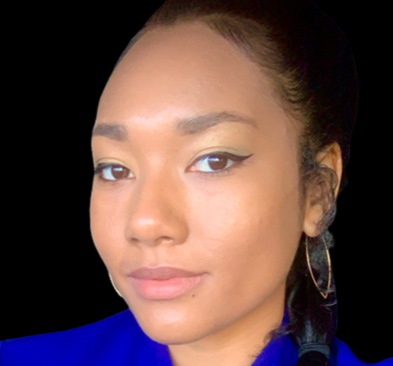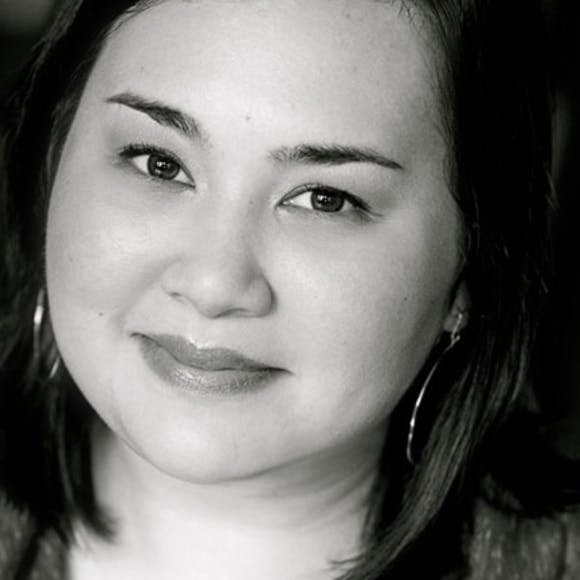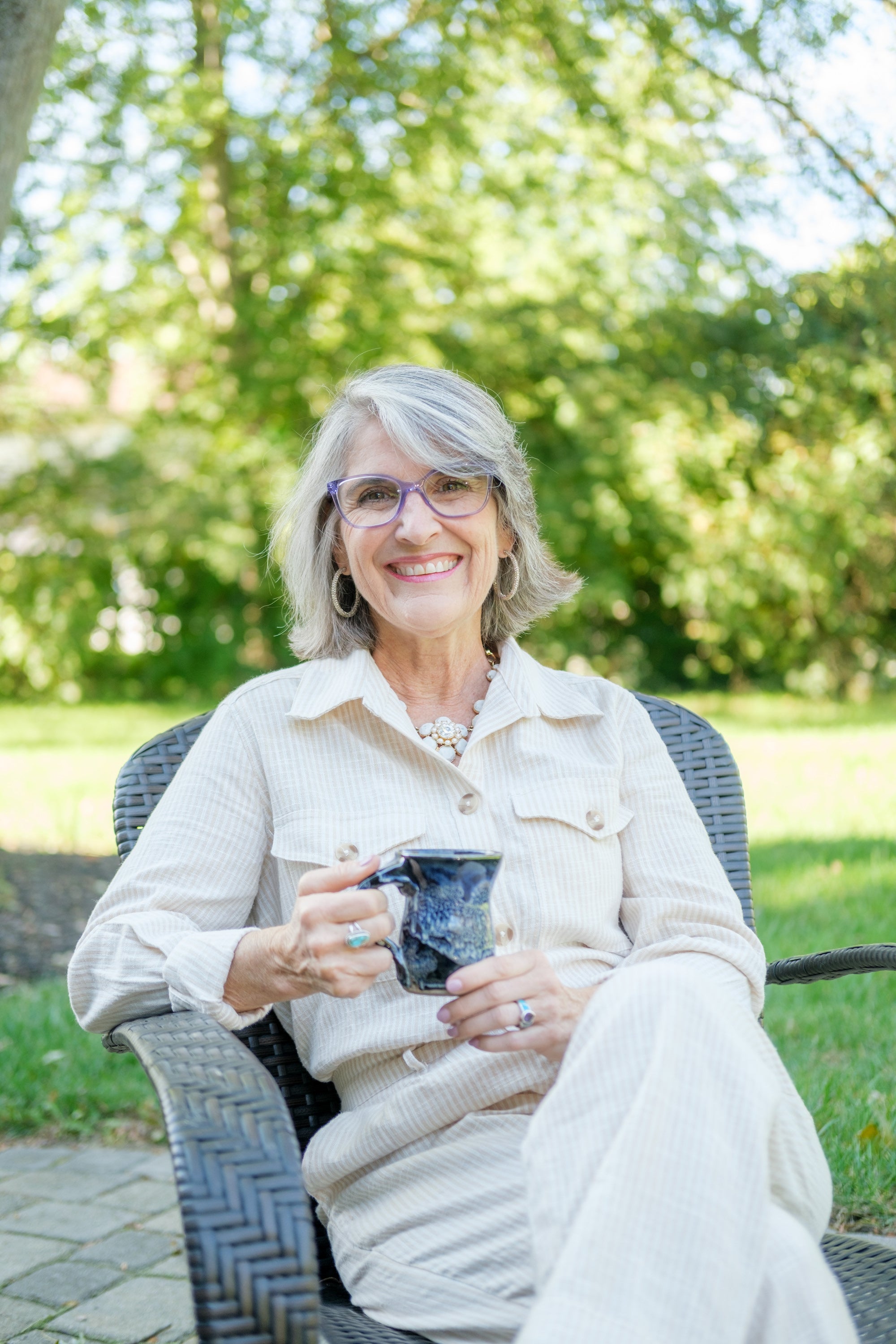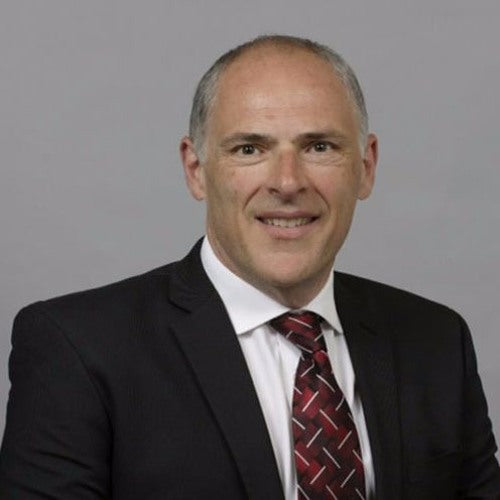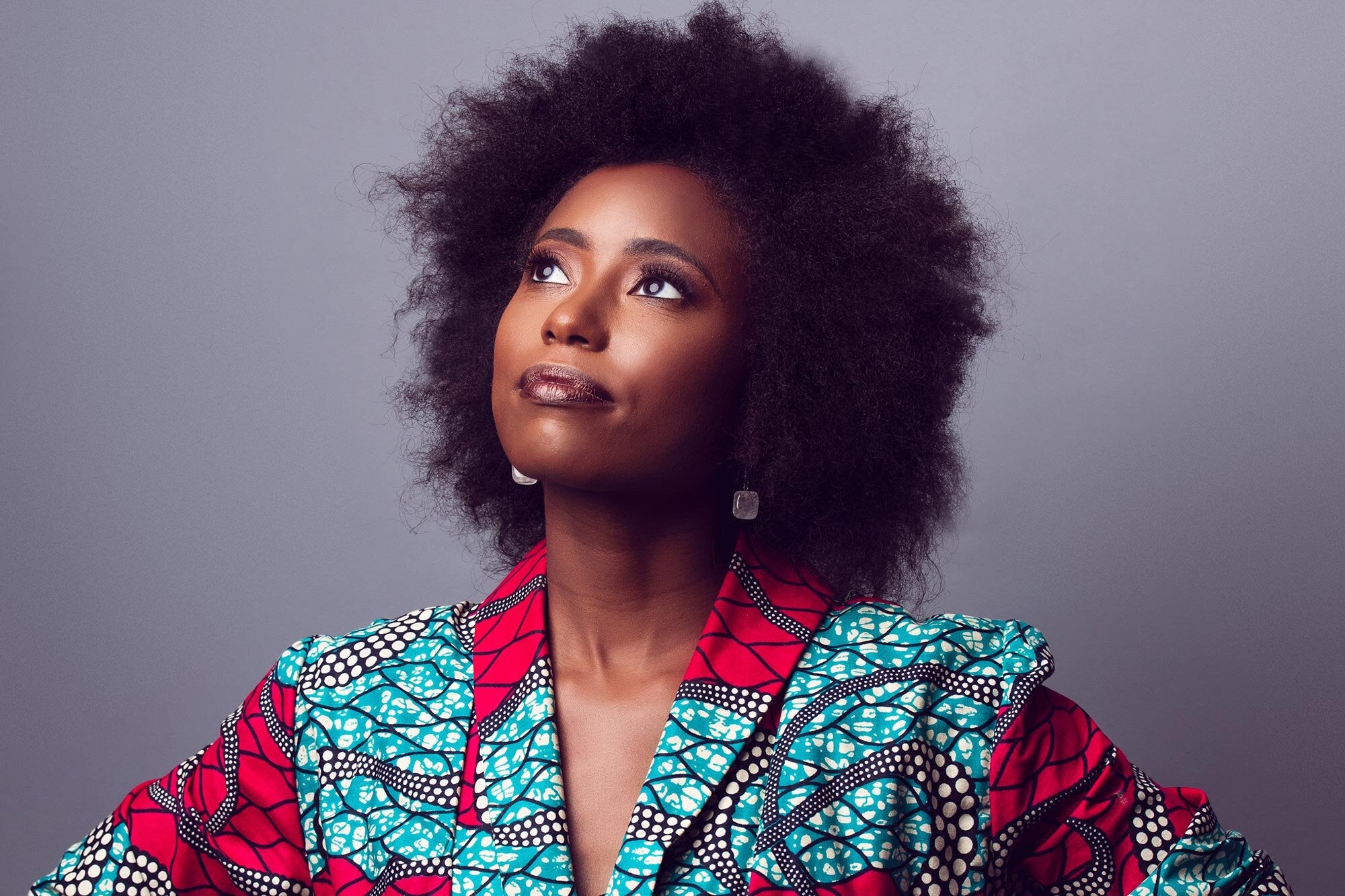Book: Beyond The Point

Photo Credit: Lindsey Rome
Author: Claire Gibson
Author Bio:
Claire Gibson is a writer and journalist based in Nashville, Tennessee. Born and raised at the U.S. Military Academy at West Point, she grew up captivated by cadets and always dreamed of writing a story that honored her childhood home and the women that inspired her there.
Her stories have been featured in The Washington Post, The Christian Science Monitor, The Tennessean, and Entrepreneur Magazine, among many other publications.
1. Beyond the Point is your debut novel, how did this particular project come together?
Anyone that has ever been to visit West Point will tell you that it's a magical, sacred place. I had the privilege of growing up at West Point right there alongside the Corps of Cadets, while my father was a professor. I know it like the back of my hand.
The only way I could have known it better was if I had attended myself — which continues to be something I wonder about all the time — how would I have handled the challenge? Should I have tried? But college choices aside, when I began writing full time, I couldn't kick the gut feeling that I was supposed to write something about West Point or the Army.
Then in 2013, a group of women West Point graduates asked if I'd be interested in interviewing them for a possible story. The more women I spoke to, the more confident I was that I was meant to write their experiences down as a novel — something that every person could engage with, whether they were familiar with West Point or not.
2. What do you hope readers are able to take away from Beyond the Point?
I hope readers see in these pages women that are just like them. I hope they set the book down and are inspired to call their closet friends. I hope readers leave this narrative with a greater appreciation for veterans, especially women who are still very much establishing their place in the U.S. military, and in the public eye.
3. Was it your upbringing as an “Army Brat” that made you want to write this compelling story about life in the military?
Yes, definitely. I had the privilege of growing up around cadets at West Point. Cadets are incredible storytellers. There is no doubt in my mind that the seeds for my future career as a writer were planted right there, on our living room floor, as I listened to their stories.
4. Women’s role in the US military is the main topic in Beyond the Point, can you please talk to why this was an important narrative for you to include within this story?
After moving away from West Point, I would always pay attention when I saw a news story about women in the military. But the only stories I saw in the news consistently fell into one of two categories — women survivors of sexual assault, and women who were military “firsts”, like the first female Army general, the first Army rangers.
Those stories are extremely important to tell. The women who choose to be the “firsts” in any field deserve respect and admiration. And as the #MeToo movement has shown, sexual assault is a scourge that needs to be eradicated in every field and profession, including the military!
But if these are the only stories told about women in the military, then they will discourage younger women from joining — some fearing that they will become a victim, others fearing that they’re not “intense” enough to serve.
The truth is, there is a place in the military for all women if they have that desire to serve their country. And the challenges and benefits are great. I’m not saying it’s an easy path. But it’s a path that I hope more young people will consider.
5. What made you want to put the events of September 11th as such a focal point of the story?
Beyond the Point is based on true stories — so like it or not, September 11th was a focal point and a massive moment of personal change for all who attended service academies in the early 2000s. It catapulted our nation from one at peace to one at war. Without September 11th, these women’s lives would have looked much different. All of our lives would look different.
6. How prevalent is racism, sexism, and harassment in the military today? And what empowered you to expose some of these issues?
Women in the military face the same challenges as women who are not in the military. There are men and women at the service academies that are extremely honorable and kind and supportive of women.
There are men and women at the service academies that are misogynistic and full of biases. It was important for me to show in this book a realistic picture of the world, without vilifying “West Point” the institution. Racism and sexism are present there because West Point is not immune to the issues in our culture.
However, the service academies stand as a beacon of our nation’s greatest ideals, so there is a higher standard for them to live up to, and they always have room to improve. The women who told me their stories empowered me, to tell the truth about some of what has occurred at the academy, both the hard and the good.
7. Who is a woman living today that you are truly inspired by and why?
Most of the women that I’m inspired by aren’t celebrities. They are some of my closest friends, women who have faced great sorrow in their life and are rising to the daily challenges with grace. When it comes to professional inspiration, Brené Brown, Esther Perel, Lt. General Nadja West come to mind.
8. How much of yourself do you see in the main characters, Dani, Avery, and Hannah?
There are little parts of me in every character, for sure. On the surface, I’m most like Hannah — someone who likes to follow the rules and hopes that those rules will help her feel some measure of “success” or blessing.
But the reality is, our world doesn’t offer tit-for-tat blessings for good behavior. That’s just not how it goes. There’s also a part of me that’s more like Avery, who lives out loud and doesn’t make apologies for her instincts and impulses. And Dani’s character inspires me. She happens to find this middle ground of confidence and humility that’s hard to strike.
9. What methods did you use to bring the emotions of battle and wartime to life in this book?
I often went back to the interviews and listened or re-read my notes hundreds of times. I simply tried to put myself in their shoes, see, taste, touch, smell and hear what was going on around me. I tried to live it first, through their stories, and then write it in a way that felt real.
10. What’s the best book you have read in 2019 so far?
I loved Anne Patchett’s The Dutch House. Garrett Graff’s The Only Plane in the Sky, about 9/11, wrecked me.
11. What’s your best advice for getting over writer’s block?
I wish I had some good advice for this! My best advice would be to find a really good friend and talk through the roadblock. Often, an outsider has a different perspective on the problem and how you can begin to get around it.
12. What’s the best advice you have ever received on happiness?
Happiness is less important to me than joy and peace. Joy and peace have nothing to do with circumstances and everything to do with perspective.
13. Seeing as this was your debut novel, do you plan on writing more books in the future?
I hope so! Working on it now… slowly.
Places To Find More From This Author:
Instagram: @clairecgibson
Twitter: @clairecgibson
Facebook: Claire Gibson
Website: clairegibson.com
Get Your Copy of Beyond the Point Today!








